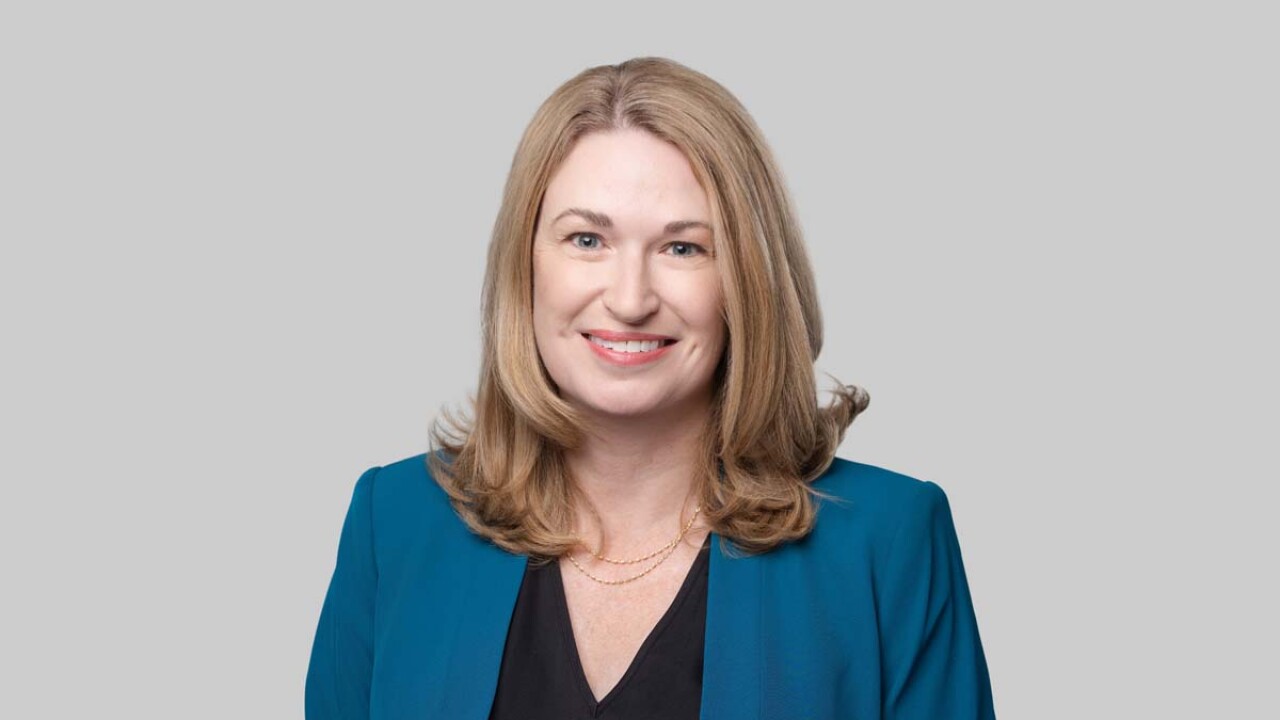The global pandemic pushed digital-first and do-it-yourself investing to new heights. But younger investors caught up in the wave now find themselves at a crossroads, according to a new J.D. Power analysis.
The 2023 J.D. Power
However the study, now in its 21st year, found that few of these investors understand how technology manages their portfolio — and that lack of understanding could create hurdles for firms trying to establish long-term relationships with next gen and DIY investors.
Craig Martin, the executive managing director and head of wealth and lending intelligence at J.D. Power, said that with most trading fees now eliminated and consumers having more tools at their disposal, brokerage firms are challenged to demonstrate a value proposition that stands out from the crowd.
He added that while digital or robo-advice present an ideal platform to provide value-added services that can help grow and develop higher value relationships over time, firms need to do a better job of explaining how that digital advice works, all while articulating a clear value proposition for investors.
"Critical things actually need to take more of a customer centric focus. And what I mean by that is, a lot of what we see out there today emphasizes the technical details and the structural nature of what digital advice is. And what we're seeing is that, do people actually understand that? How do they engage?" Martin told Financial Planning. "What does the customer care about? Why would they want to do this? Why is it good for them? What's the basics of it? Not in a technical fashion … what's the value exchange?
The study finds that 86% of Gen Z investors and 79% of millennial investors are interested in receiving robo-advice. Those numbers have gone up 5 percentage points and 3 percentage points, respectively, during the past three years as market conditions have become more challenging.
But just 22% of investors who currently use robo-advice offerings from their brokerage firm say they "completely understand" how the technology manages their portfolio. Scores decrease significantly when investors say they are unsure how the digital technology works in general.
Do-it-yourself also doesn't mean do it alone. The study found that self-directed investors are still looking for human support when it comes to onboarding, answering technical questions and resolving problems.
Martin said human support also plays a significant role in providing transparency and trust in digital advice. Over the long term, he expects a model that strikes the right balance between human and robo will come out on top.
"When you have this blending of people with new technology that has real value to the customer … you can get something that's a little bit lower cost, but provides a lot greater value," he said. "We see that a lot of people even when they're more DIY types, they still like having the availability of advice and help and structure. So I anticipate we'll see more of that and more emphasis on how you bring people back into it, and provide insight and perspective, but more on an ad hoc basis."
J.D. Power spoke with 5,165 investors between October 2022 and January 2023 to compile the firms' 2023 satisfaction scores and rankings. Each of the investors said they make all their investment decisions without the counsel of a full-service dedicated financial advisor.
To get a "satisfaction index" for each wealth manager on a 1,000-point scale, J.D. Power used seven weighted factors: "trust; digital channels; the ability to manage wealth how and when I want; products and services; value for fees; people; and problem resolution."
To see this year's rankings for both DIY investors followed by the rankings for investors seeking guidance, scroll down our slideshows.






















